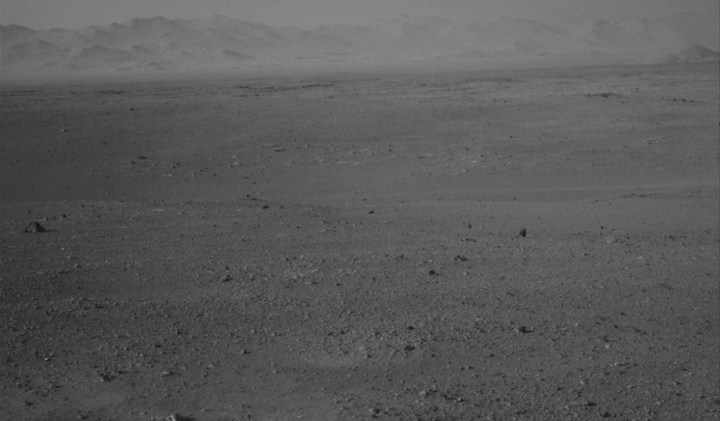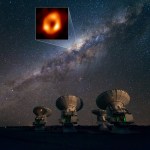Newsdeck
No organic material found on Mars yet, Nasa says

NASA's Mars rover Curiosity has completed its first soil analysis of the Red Planet with no sign of organic material, the U.S. space agency said on Thursday. By Irene Klotz.
“Rumors and speculation that there are major new findings from the mission at this early stage are incorrect,” NASA said in a statement. “At this point, the instruments on the rover have not detected any definitive evidence of Martian organics.”
The $2 billion nuclear-powered rover landed inside a giant impact basin near the Martian equator in August to look for signs the planet most like Earth in the solar system has or ever had the ingredients to support life.
It is NASA’s first astrobiology mission since the 1970s- era Viking probes.
So far, Curiosity has found evidence of an ancient riverbed, monitored swirling dust storms, measured radiation levels and analyzed its first sample of Martian sand, the results of which will be released at an American Geophysical Union conference in San Francisco next week.
Scientists also are expected to provide more details on how much radiation future visiting astronauts might be subjected to. Mars is a long-term goal of the U.S. human space program.
Curiosity last week left a patch of wind-blown sand called Rocknest, where it tested its soil scoop and onboard chemistry lab.
Scientists are scouting for a suitable rock to drill, the last piece of equipment to be tested.
Early next year, the rover is expected to drive to a 3-mile (5-km) mound of layered deposits rising from the floor of the Gale Crater impact basin.
During its two-year mission, the rover will look for organic materials and environments where they could have been preserved. DM
Photo: The Martian horizon is seen by a camera onboard NASA’s Mars rover Curiosity in this handout image taken and released August 8, 2012. The primary mission of Curiosity, touted as first fully equipped mobile laboratory ever sent to another world, is to search for evidence that the planet most similar to Earth now harbors, or once hosted, the key ingredients necessary for the evolution of microbial life. REUTERS/NASA/Handout


















 Become an Insider
Become an Insider